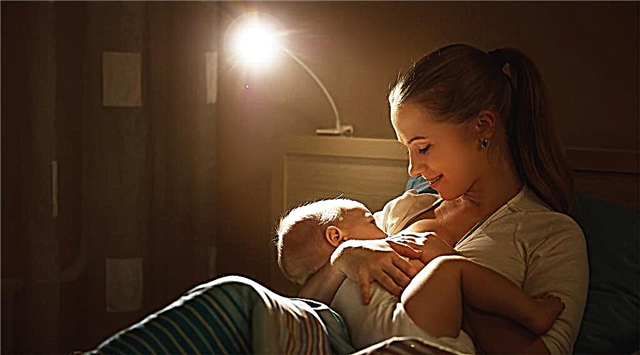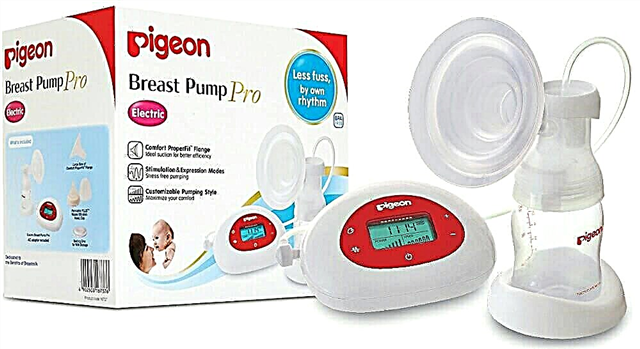Sometimes there is such a problem as diarrhea like water in a child. In order to take adequate measures to eliminate the pathological process, it is recommended to first study the causes and symptoms.

Feeling unwell is the main symptom of health difficulties
Causes of watery diarrhea
Diarrhea or watery stools occur for a number of reasons. These must be taken into account before starting the recovery process. In some cases, it is noted that several factors are causing the problem at once. That is why self-treatment is not recommended. Doctors identify the following reasons for the occurrence of loose stools with water:
- stressful situations;
- stress (physical and emotional);
- new environment for the child;
- a change in the rhythm of life (problem situations arise during travel, during long trips by train or car);
- unfamiliar or new team (nursery, kindergarten);
- incorrectly selected power mode;
- violation of the diet by a nursing mother (if the baby has a liquid stool with water);
- the introduction of complementary foods from fruits and vegetables (a large amount of the product gives such a reaction);
- artificial type of feeding;
- disturbances in the digestive tract;
- diseases affecting the internal organs of the digestive system;
- binge eating;
- lactase deficiency;
- colds with the addition of infection;
- mixed type of feeding (milk, vegetable or fruit puree);
- the beginning of teething;
- the presence of an infectious infection (dysentery, E. coli);
- inflammatory processes;
- diseases of the thyroid gland;
- problems with kidney or liver function;
- negative effect on the body of helminths (various types of worms).
Also, a common cause of diarrhea is an allergic reaction. It can arise during the hw process, if mom ate, for example, chocolate. Too fatty milk can be a negative reaction, since the children's digestive system is still too weak. If a child vilifies with water for a long time, you need to pay attention to his condition. First of all, you should exclude all foods that can cause diarrhea. After a day of such a problem, you need to call a pediatrician at home.
Important! If there is diarrhea with water in a child and the temperature rises above 37 degrees, you should consult a doctor.

Crying may indicate pain or colic
What symptoms accompany diarrhea
In 90% of cases, watery relaxed stool in a newborn is accompanied by a number of characteristic symptoms and manifestations in a change in health status:
- body temperature rises;
- the number of leukocytes increases (if an infection is present, the test will show a similar result);
- nausea;
- emetic processes (different intensity);
- pain in the abdomen on the left side (babies who are under one year old have severe colic);
- dry mouth and lips (as there is dehydration);
- the skin changes its shade - it becomes darker, circles appear under the eyes;
- a pungent or sour odor appears.
Important! You need to pay attention to what kind of chair with water the child has in color. Black indicates possible internal bleeding, green indicates infection, and yellow indicates indigestion.
What is the danger of diarrhea
When a baby has watery feces, then the problem must be eliminated as soon as possible. This is due to the fact that diarrhea is fraught with a number of health hazards. You need to beware of the following:
- dehydration;
- withdrawal of beneficial microflora from the intestine;
- disorders in the work of the autonomic nervous system.
Also, when diarrhea persists for a long time, weakness and headache appear.
What to do if a child has diarrhea
If the watery stool in infants is a temporary phenomenon (after overeating), then no additional action is required, the body will cope on its own. Prolonged diarrhea (more than a day) requires parents to intervene. It is recommended to consult a doctor about whether a child has diarrhea like water, what is best to do to relieve:
- to eliminate the likelihood of dehydration, it is recommended to drink water frequently;
- it is recommended to correct feeding: reduce milk volume or eliminate feeding completely;
- remove complementary foods;
- give enterosorbents (by age).
A baby or a baby of 6-12 months is not able to tell about his health, so measures should be comprehensive.
Important! If a child has severe diarrhea with water, doctors will explain what to do. You need to call an ambulance to get an initial consultation.

Drinking is a necessary part of recovery
Additionally, a number of hygiene procedures should be done. After each bowel movement, rinse the child with warm running water. This action is necessary to prevent skin irritation in the event of a prolonged course of the disease and bedsores on the body. Additionally, it is recommended to lubricate the skin with a special soothing cream. For high-quality washing, a warm or cooled chamomile decoction is often used. It will be possible to start treating with drugs or traditional medicine after consulting a doctor, since you first need to establish the cause.
It is imperative to see a doctor in the following cases:
- age - an infant (consultation with a specialist is carried out if loose stools persist for more than 24 hours, or bowel movements exceed the norm - 11-12 times a day);
- the temperature remains above 37 degrees for a long period or increases;
- there is a suspicion of infection or poisoning.
Also, one should not overlook the fact of serious bowel problems.
Nutrition and prevention
After the appointment of treatment, you will need to adjust the diet. Babies who are one month old should have less breast milk. For older kids (who have complementary foods on the menu), it is important to remove meat or vegetable purees. The diet should be built on viscous cereals without milk, fruit drinks. You can include cottage cheese, fermented baked milk, lean beef in the program, in a small amount of crackers.
Feature - in the recovery process, you need to move from simple dishes to complex ones. If the problem affects an infant, the pediatrician should develop a diet and amount of milk or formula during the examination. A feature of the infant's nutrition will be an increase in the number of attachments to the breast, but a decrease in the dose of milk at a time - this will allow the child to receive all the necessary substances, but will reduce the load on the stomach and gastrointestinal tract as a whole. After two days, you should look at the child's condition: if it improves, it will take about 14 days to maintain the diet. After that, you can gradually move on to the usual feeding scheme.
Important! During an acute attack, you need to limit the amount of food. It is best to give water frequently to drink.
Prevention also cannot be ignored. In order to prevent the newborn from developing liquid yellow stools with water and lumps, the amount of food should be controlled. Overeating provokes indigestion. All vegetables and fruits must be clean. Compliance with hygiene rules is an important stage in preventive measures. If the menu contains ready-made purees, cottage cheese or kefir, you should check the shelf life of the product before use.

Normal behavior indicates the beginning of the healing process
A baby may have a yellow water stool as a reaction to a new product in his diet. Parents should watch closely for symptoms. If the child's body does not suffer from diseases, then all indicators will return to normal on the same day. Sometimes feces with clear water in babies appear as a reaction to a change in the situation around or after an increase in the portion, since the intestines could not cope with the increased volume in time. When the problem is serious, treatment is required. It will take a week or two. It is not necessary to give medicines on your own, except for enterosorbents, since watery diarrhea can be caused by a variety of reasons. Only a doctor makes a diagnosis, for this, an examination is carried out, and tests are taken.



